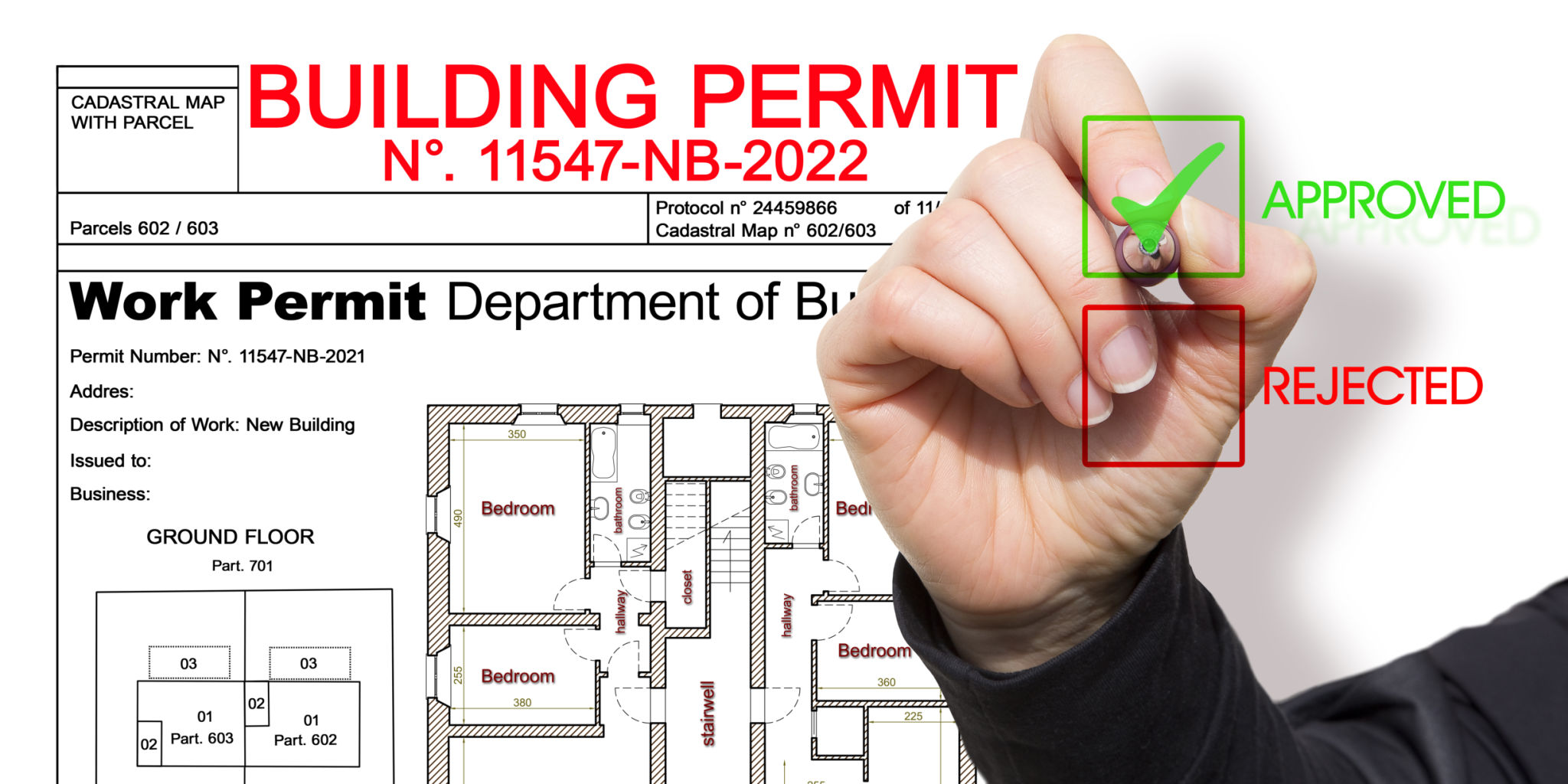Legal Considerations for Real Estate Development Projects in Brownsville
Understanding Zoning Regulations
One of the first steps in real estate development in Brownsville involves understanding the local zoning regulations. Zoning laws dictate how land can be used and what types of buildings can be constructed in specific areas. These regulations are crucial for ensuring that a development project aligns with community standards and legal requirements.
Developers must work closely with city planners to determine if their proposed projects comply with existing zoning laws. This might involve attending public meetings or consulting with local officials to understand any potential changes in regulations that could affect the project.

Environmental Impact Assessments
Environmental considerations are a critical part of real estate development in Brownsville. Before breaking ground, developers often need to conduct an Environmental Impact Assessment (EIA). This assessment helps identify any potential environmental risks associated with the project, such as impacts on local wildlife, water sources, or air quality.
Conducting a thorough EIA not only helps in mitigating environmental risks but also ensures compliance with state and federal environmental regulations. Failure to adequately address these considerations can result in legal challenges or delays.

Securing Permits and Approvals
Securing the necessary permits and approvals is a critical phase in the development process. Developers must obtain a variety of permits from local, state, and federal agencies, depending on the scope and nature of their project. These can include building permits, environmental permits, and occupancy permits, among others.
The process of obtaining these permits can be time-consuming, and developers should plan accordingly to avoid unnecessary delays. Engaging with experienced legal counsel can help navigate the complex web of regulations and ensure all paperwork is correctly filed.

Addressing Property Rights and Easements
Property rights and easements are another important legal consideration for real estate developers in Brownsville. Developers must ensure they have clear title to the property and understand any existing easements that could affect their projects. Easements can grant rights to other parties for access or use of the land, which might impact development plans.
Legal disputes over property rights or easements can lead to costly litigation and project delays. Therefore, conducting a thorough title search and resolving any issues before proceeding with development is essential.
Navigating Tax Considerations
Real estate development projects come with significant tax implications. Developers need to understand the various taxes that apply to their projects, including property taxes, sales taxes, and potential tax incentives available in Brownsville.
Engaging with a tax advisor who specializes in real estate can help developers maximize potential tax benefits and ensure compliance with all tax obligations. This proactive approach can lead to significant cost savings over the lifespan of a project.

Handling Construction Contracts
Construction contracts are a fundamental aspect of any real estate development project. These contracts outline the responsibilities of each party involved in the construction process, including timelines, costs, and materials. Ensuring these contracts are legally sound is crucial to prevent future disputes.
Working with an experienced attorney to draft and review construction contracts can help safeguard against potential legal issues. Clear and precise contracts provide a foundation for successful project completion and protect against potential litigation.
Ensuring Compliance with Labor Laws
Compliance with labor laws is another key legal consideration for real estate developers in Brownsville. Developers must adhere to federal and state labor regulations, which govern aspects such as wages, working hours, and safety standards on construction sites.
Non-compliance with labor laws can result in penalties and legal action. Therefore, it is essential for developers to work closely with human resources professionals to ensure all labor practices meet legal standards.

Conclusion
Real estate development in Brownsville involves navigating a complex landscape of legal considerations. From zoning regulations to environmental assessments, securing permits, addressing property rights, understanding tax implications, drafting construction contracts, and ensuring labor law compliance—each step requires careful attention to detail.
By engaging with experienced professionals and staying informed about local regulations, developers can successfully manage these legal challenges and bring their projects to fruition efficiently and legally.